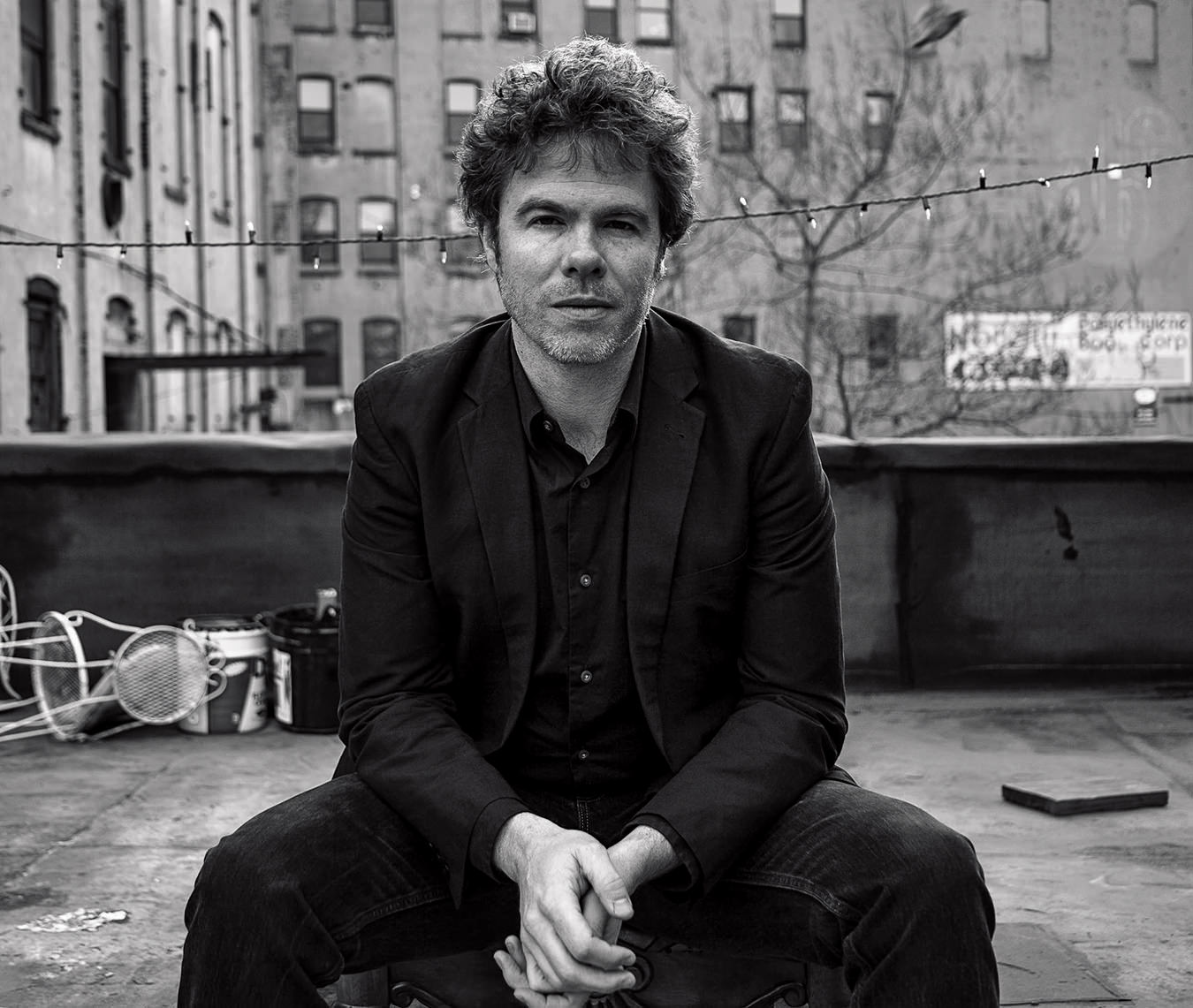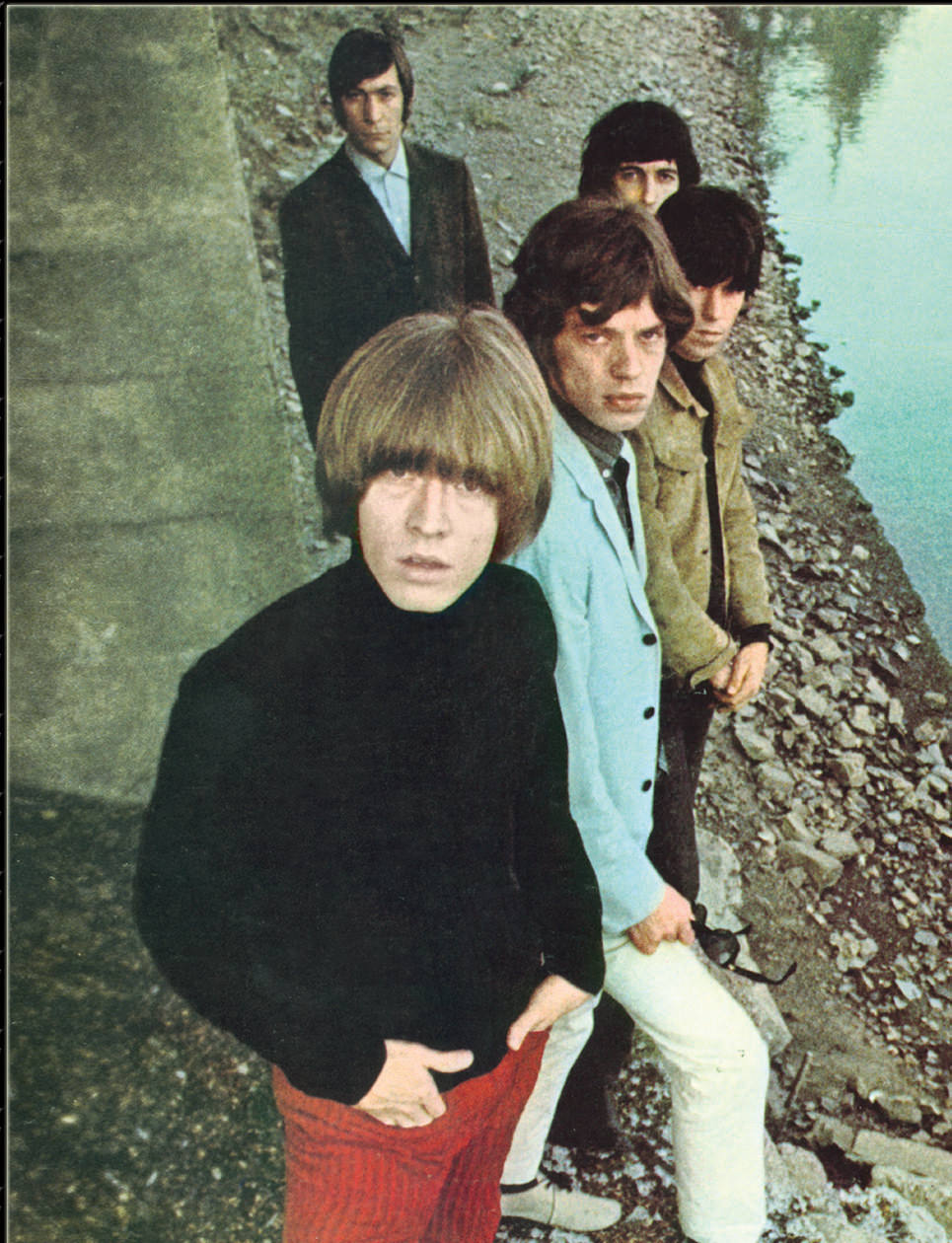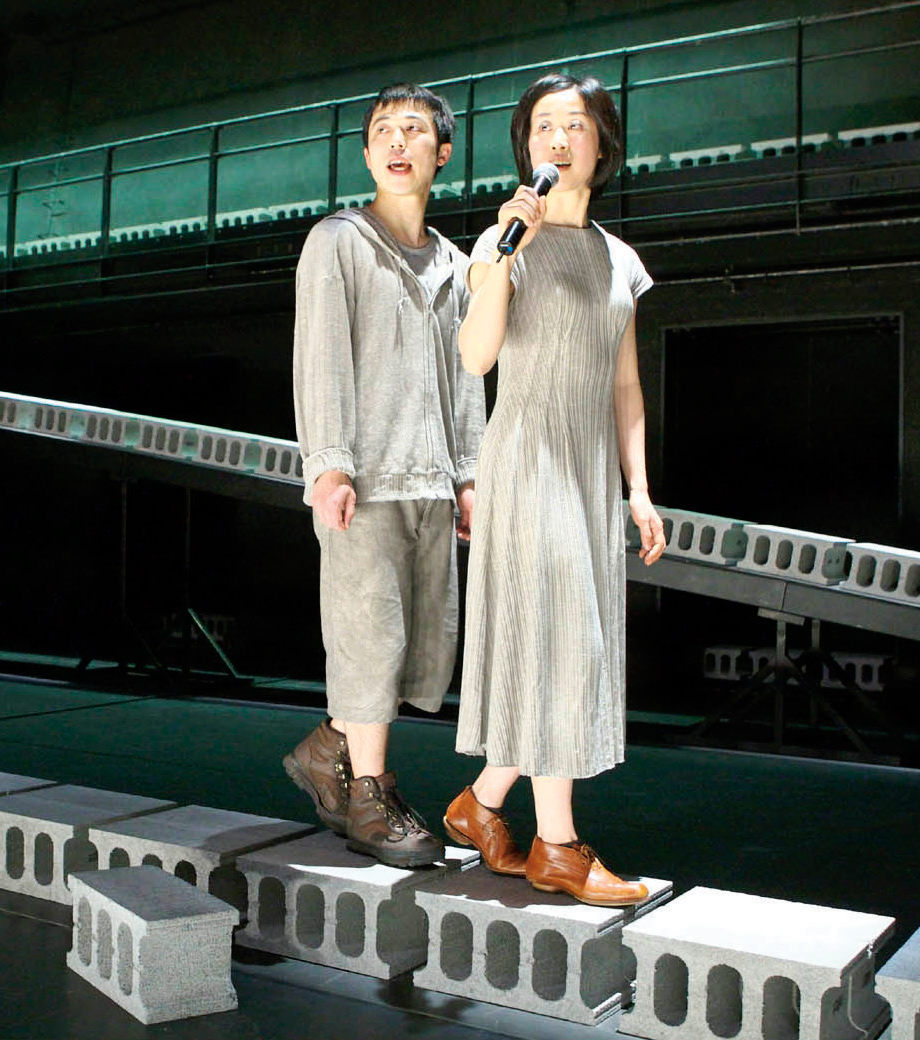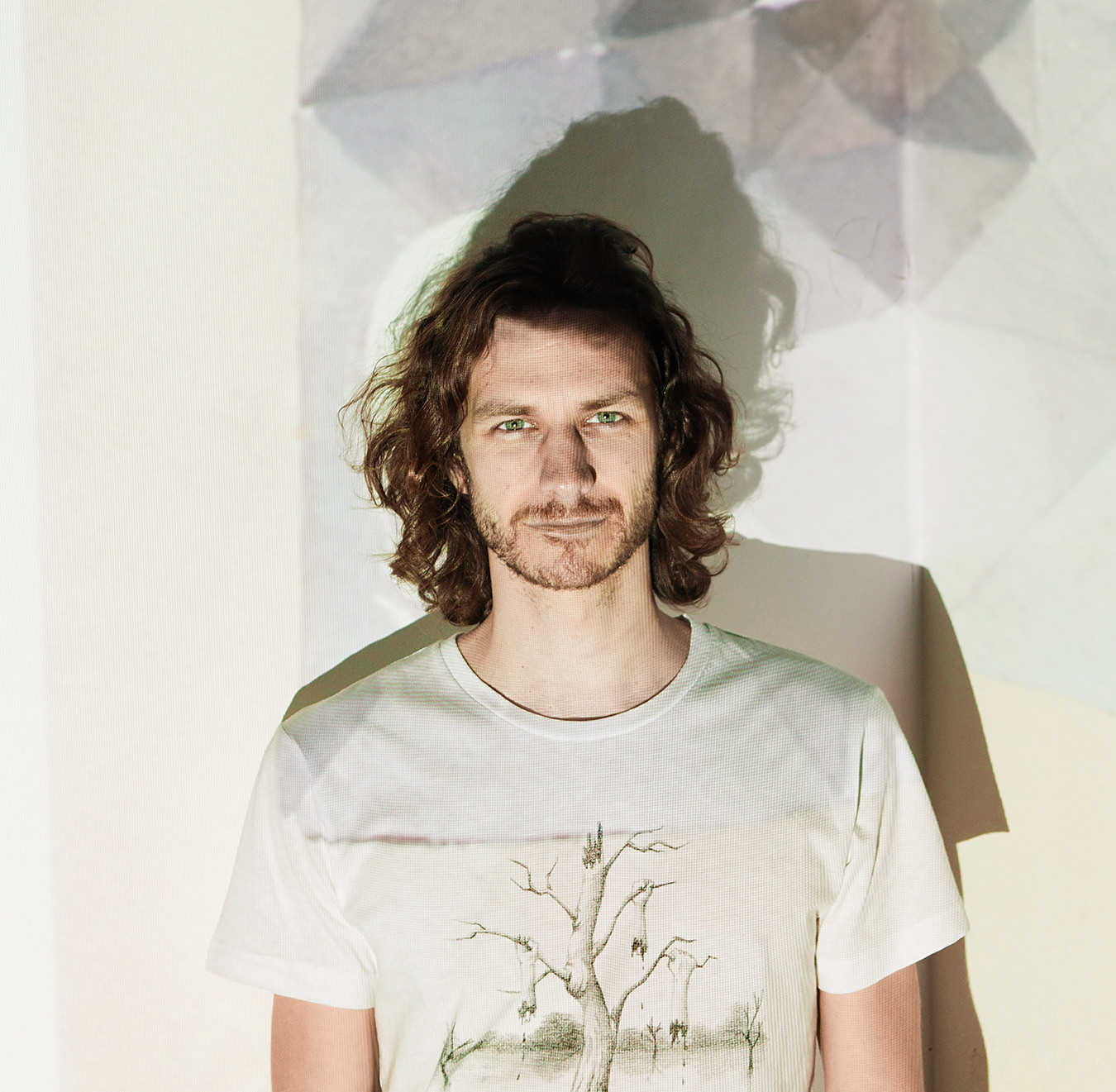Ludovico Einaudi
Enigma of Einaudi.
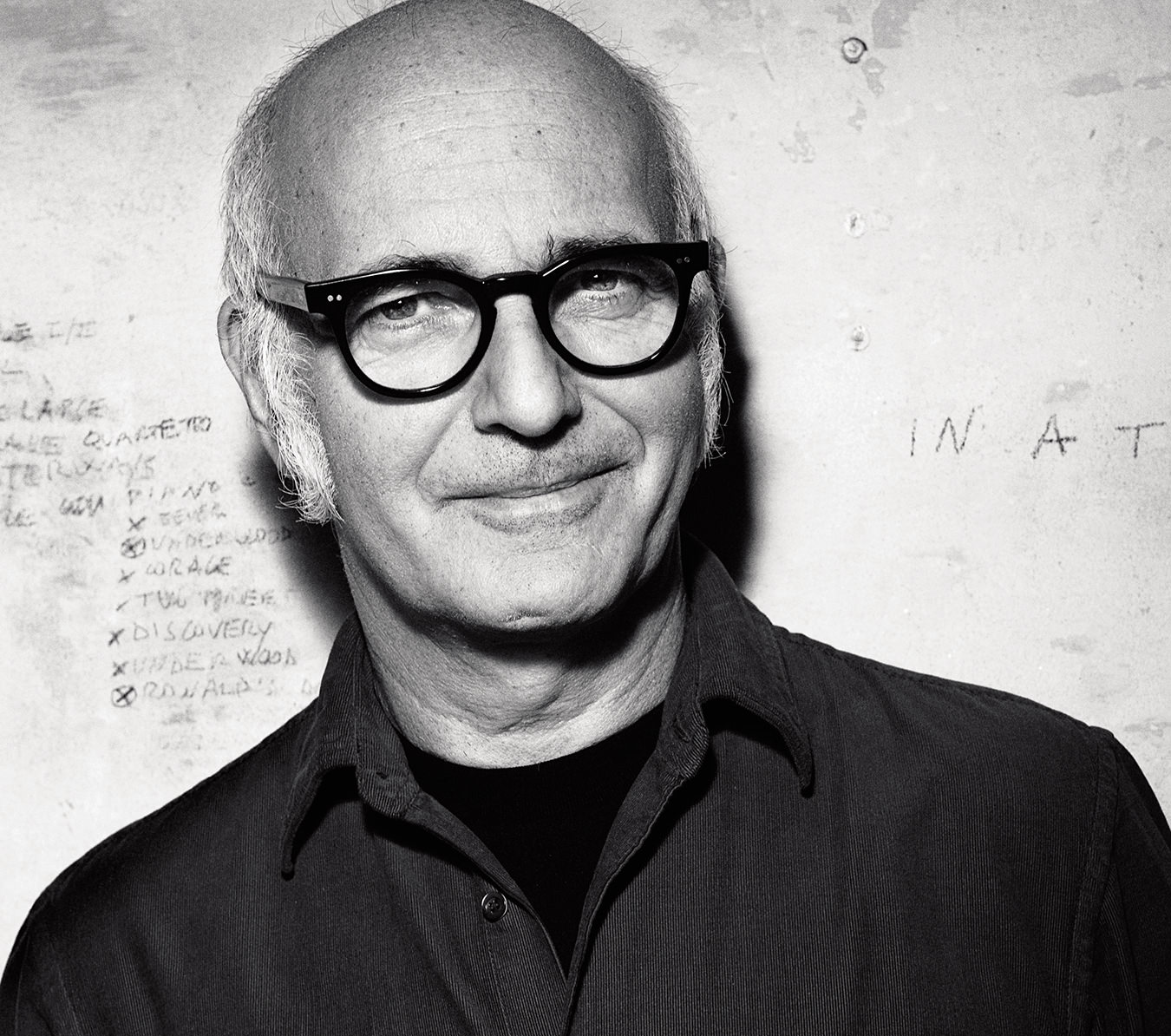
Audiences clearly adore Ludovico Einaudi, if the demands for encores and multiple standing ovations—which greeted him on his most recent North American tour—are any indication. Accompanied by a 10-piece orchestra, the Italian pianist and composer is expanding his popularity everywhere he goes. Even when he was forced to perform solo in Chicago in May after his orchestra was stranded in Washington, D.C. due to flight cancellations, his reception was spirited.
Oddly enough, his popularity with young adults, who make up the core of his audience, has posed a unique marketing challenge for tour promoters. They complain that the composer—a contributor to such film soundtracks as The Intouchables and I’m Still Here, and the 2002 British miniseries Doctor Zhivago—is often excluded by classical media. At the same time, pop media are yet to embrace him.
“I tend to avoid putting on labels because I think my music tends to cancel the barricades between musical genres,” says the 57-year-old, who studied classical piano at the Milan Conservatory. “I listened to classical music, I studied classical, but at the same time I was listening to the pop music from the sixties, seventies, and eighties.
“If you search deeply, there are connections, inside your space, where everything can live together. Of course, you can find elements coming from harmonies, coming from the era of Pink Floyd and built like a symphony or a song around it. At the same time, you can use the simple music and create variations like those that Bach was doing around the Goldberg Variations.”
Suffice it to say, his latest release, In a Time Lapse (which was recorded at Villa San Fermo, a 10th-century monastery near Vicenza), bridges classical and percussive music built around his delightful piano themes. The inspiration for the album’s composition came from reading Henry David Thoreau’s Walden.
“He left the city and went to live for a couple of years in the forest, where he built his own house,” Einaudi explains. “Every day he was writing about all the things that were happening around him, describing sounds of the forest, of the birds, then noting every movement of nature about him.”
With tracks such as “Life”, “Run”, “Brothers”, “Time Lapse”, and “Two Trees”, he has succeeded in creating a work that arouses the senses. A word of advice: this recording should be played on a room-filling stereo for maximum enjoyment. Better still, the ultimate experience is a live performance. At one point, cellist Redi Hasa uses an electric cello to add sounds reminiscent of Jimi Hendrix. At other times, thoughts of Vivaldi, Pink Floyd, and ELO spring to mind.
“When you are performing in a theatre, you are trying to create a magic that is very difficult to re-create in a studio,” he concurs. “In the studio, sometimes you listen to what you have done, and maybe it’s good. But if you want it to be really special, you have to search for the moment that is not always happening, like in a concert hall and the people are with you. These are special experiences and things that happen every night.”
Einaudi, whose grandfather, Luigi Einaudi, was the first postwar president of Italy, lives most of the time in Milan, but the family owns a house on a vineyard in Dogliani in the Piedmont region, where he grew up and where he retreats for solitude. The balance is essential to creativity.
Using a computer and electronic and ambient music samples, he creates a demo for his own purpose before bringing in other musicians to see how the composition works together. “It looks simple, but it’s not,” he admits. “To create something, you have to search for different things. If not, there’s never an evolution, and the music will be the same forever.”
Peaceful is perhaps the mood that best describes the feeling one experiences listening to Einaudi.
Photo ©Cesare Cicardini.

